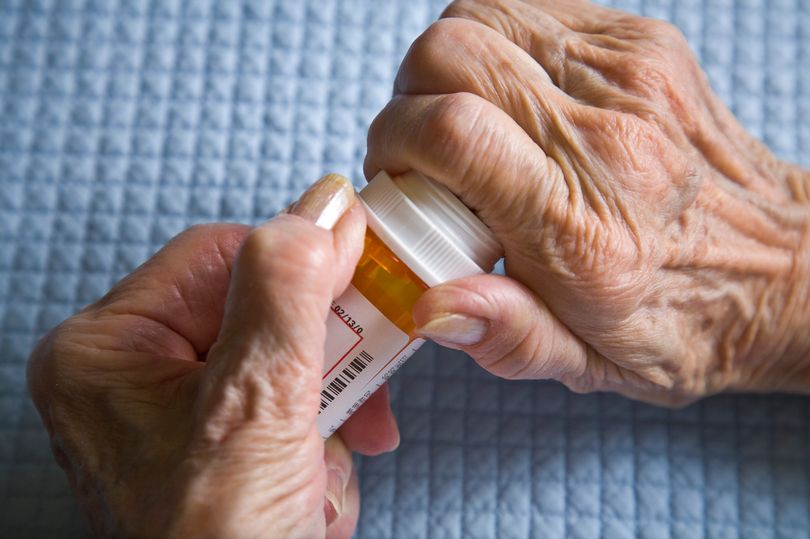Research has shown that older people are less likely to complain about pain than younger patients. Many opt to suffer in silence even though the pain can ruin their quality of life.
It’s true that we tend to cope better with pain as we age but in our latter years that comes at the price of less and less mobility.
Dr Bruce A Ferrell, a geriatrician at the University of California in the US, writes: “Unfortunately, this may lead to a vicious cycle of declining functional status, worsening overall health, and neglect of remedial and treatable conditions, and ultimately resulting in needless suffering.”
Untreated or inadequately treated pain is disabling and can hasten the death of an older person by interfering with the ability to exercise, eat properly or maintain social contacts.
Persistent pain can lead to immobility, depression, sleep problems, loss of appetite and isolation, all of which may increase the need for medical care. And as many as six out of 10 elderly people living at home experience considerable pain, as do up to 80% of those in nursing homes.
In a US nursing study of 124 older people living at home, only one in 10 reported having no pain. Causes range from arthritic joints to chronic disease. Yet most can be treated to significantly relieve the pain it causes.
Elderly patients often wait too long to take a painkiller or stop the medication abruptly when they feel better.

Treating pain in an older person is a challenge because changes in organ function and metabolism affect how an older person responds to medication. Kidney and liver function naturally decline with age so, to avoid side effects, lower doses of painkillers are needed.
Powerful painkillers like opioids can build up in the blood of an elderly person, causing confusion and dementia-like symptoms.
Taking drugs by mouth may be difficult if there’s not enough saliva, or if a person has trouble swallowing.
The possible side effects of a drug along with interactions with other medications must be borne in mind.
Then there are other effective ways to treat pain like massage, relaxation exercises, yoga, acupuncture, meditation, even listening to music and playing with grandchildren or a pet.
Proper pain treatment is the key to older people staying active. So if you’re elderly or taking care of an older person, do tell the doctor about pain at every medical visit and then the problem will be addressed.

